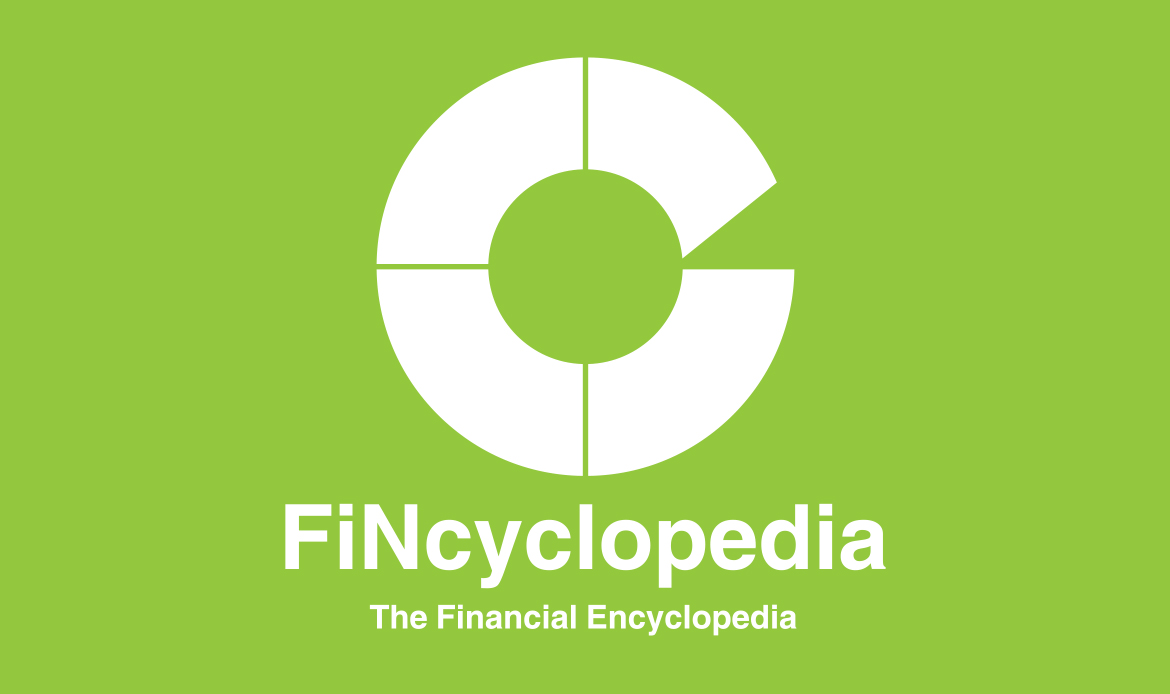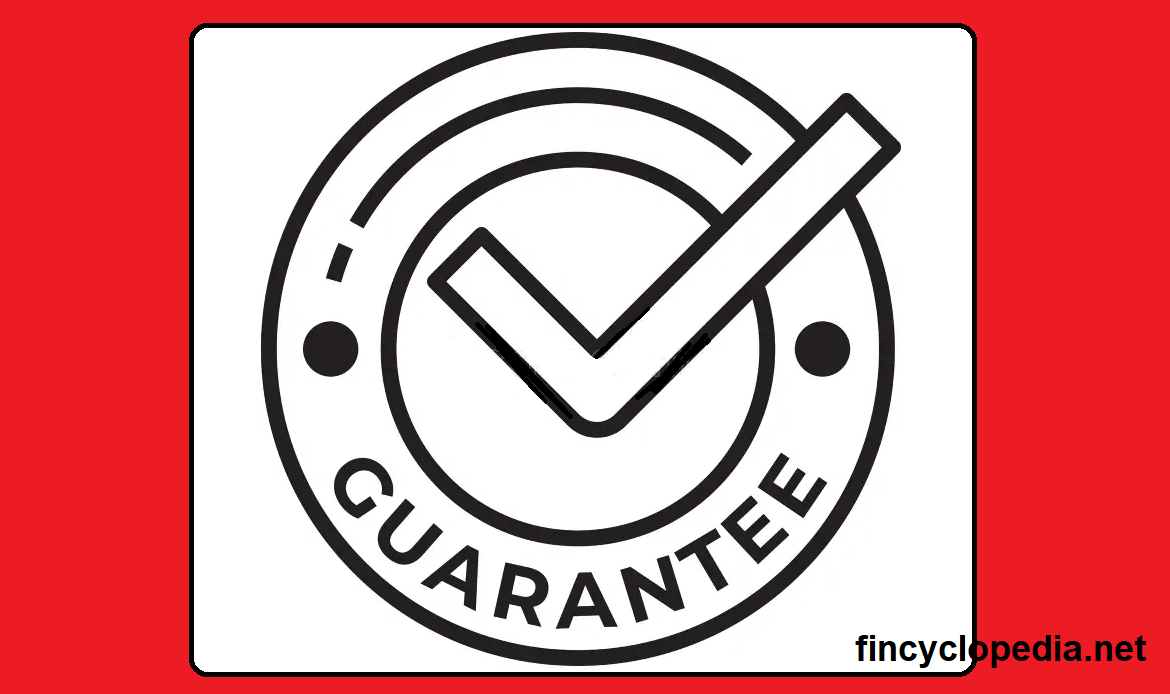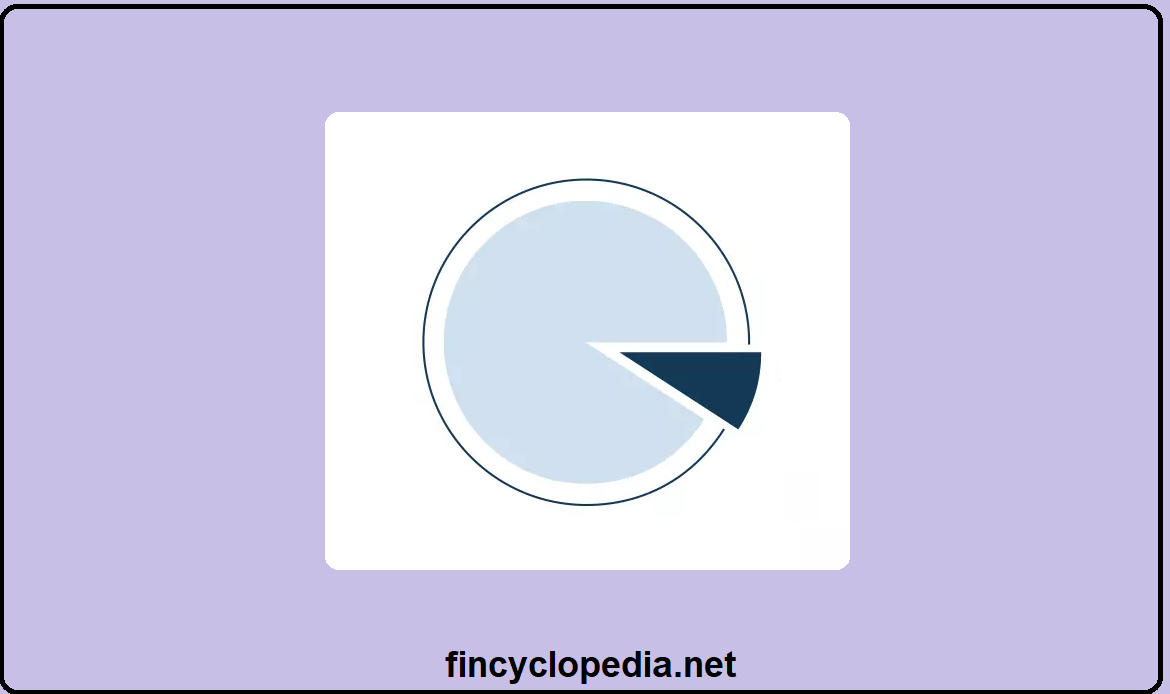It stands for time value of money; in principle, time, per se, has no economic value. However, time has value only when it is associated with real economic activities. Shari’ah (shari’a) does not consider money a direct factor of production and does not allow multiplication through compounding. However, Shari’ah recognizes time value in credit sales (like murabahah/ murabaha) but discards any compensation for time in loans (lending) even if meant to account for the diminishing purchasing power of money. Specifically, shari’ah prohibits charging interest on loans (qardh) and for late payment (whether in the form of explicit interest or implicit interest-i.e., fees). It is neither permissible to discount receivables and accrue liabilities.
The concept of time value of money is replaced with another concept central to shari’ah: time value of economic resources (assets, services, and entrepreneurship). The Islamic economic system does not recognize interest (and broadly riba) in all its forms and considers money merely as a medium of exchange (rather than a factor of production). In other words, money (other than gold and silver money), does not have any intrinsic value and its role is limited to being a medium of exchange. This results in a situation where money in different forms and across different points in time has the same value. For example, a receivable cannot be discounted and interest or finance cannot be accrued on liabilities that are due in the future.







